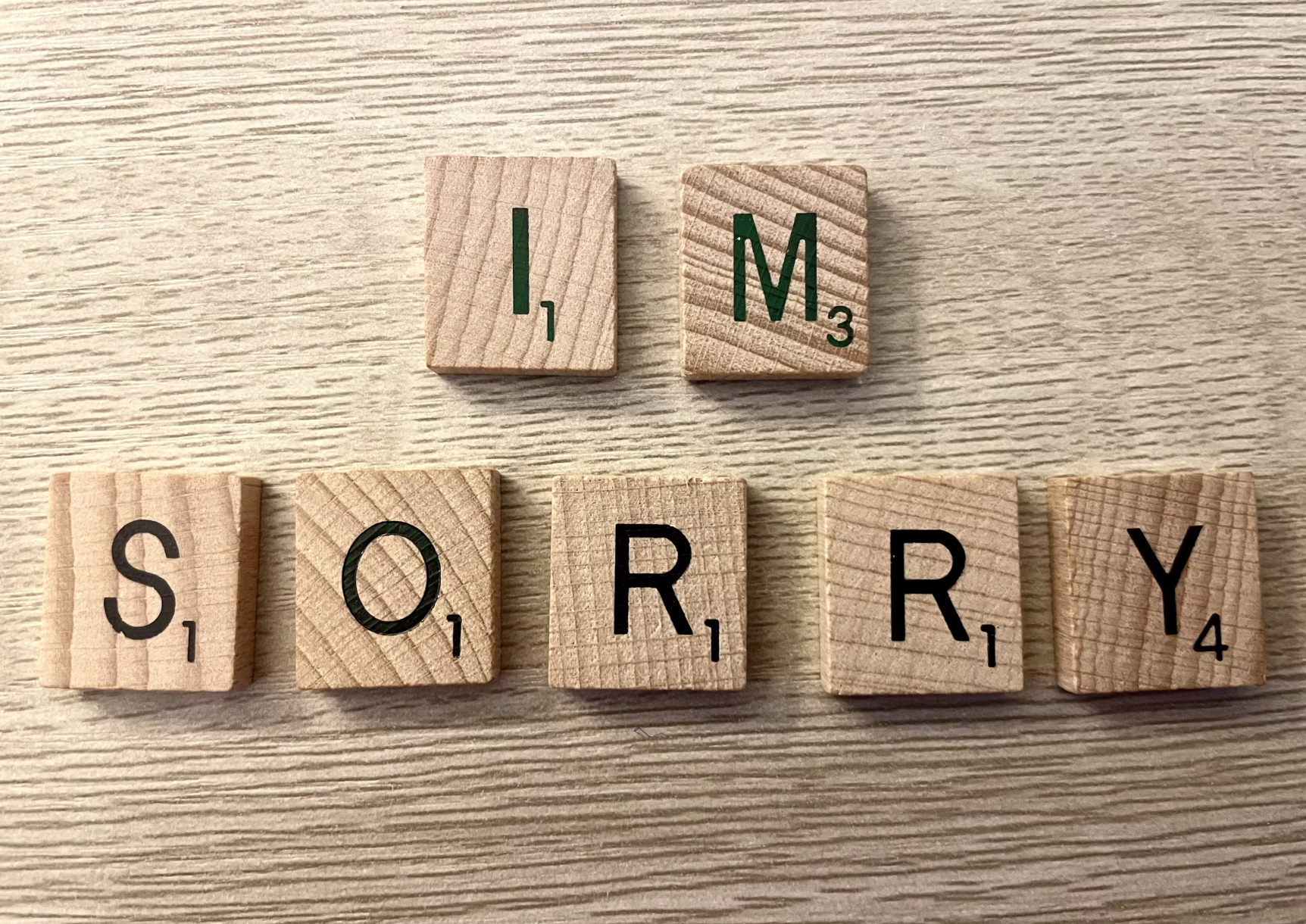
Apologising is a crucial element of communication, yet many people find it difficult to offer apologies quickly or frequently. Whether in personal, professional, or casual settings, saying "sorry" holds great value. When done promptly and often, an apology can strengthen relationships, build trust, and foster emotional healing. So, why is apologising so important, and how can we approach it most effectively?
When we make a mistake or cause harm, addressing it quickly allows the emotional wound to heal faster. A delayed or avoided apology can leave the other person feeling dismissed or invalidated, which often leads to resentment or deeper conflict. Apologising sooner rather than later reduces these risks and can prevent the situation from escalating. Quick apologies also provide an opportunity to reset the conversation, showing the other person that you're willing to engage and work toward a resolution. The longer an issue is left unaddressed, the more likely misunderstandings and negative emotions will take hold, making it harder to find common ground. An early apology helps de-escalate tension and opens the door for constructive dialogue.
Apologising reflects an awareness of the impact your actions can have on others. By apologising when appropriate, we acknowledge our role in potential misunderstandings or inconveniences, even if they were unintentional. This practice signals humility and openness to growth. A regular, small apology—such as acknowledging a moment of frustration with a friend or colleague—prevents minor issues from turning into larger problems. These brief moments of apology help maintain healthy dynamics and prevent the accumulation of unresolved grievances. When done with sincerity, frequent apologies can enhance the trust and understanding between individuals.
A truly effective apology goes beyond simply saying “sorry.” To be meaningful, it should incorporate a few essential elements. First, understanding what went wrong and how it may have affected the other person is important. Owning your actions without shifting blame to others or external circumstances is crucial, as is showing empathy for how the other person feels. Finally, offering a commitment to change ensures the issue doesn’t repeat. For example, instead of saying, “Sorry you’re upset,” try, “I’m sorry for raising my voice earlier. I can see how that upset you, and I’ll make sure to communicate more calmly next time.” This approach shows both empathy and a commitment to improving your behaviour.
Saying sorry quickly and often is a powerful tool for maintaining and strengthening relationships. By offering sincere apologies, we acknowledge our mistakes, take responsibility, and show that we care. The next time you find yourself in a situation where an apology is needed, don’t hesitate. A well-timed and thoughtful apology can make a world of difference when preserving trust and fostering healthier connections.
I'm sorry (again!)
Saying "sorry" quickly and often fosters trust, prevents conflict, and strengthens relationships. A sincere apology acknowledges mistakes, shows empathy, and promotes growth and understanding.
